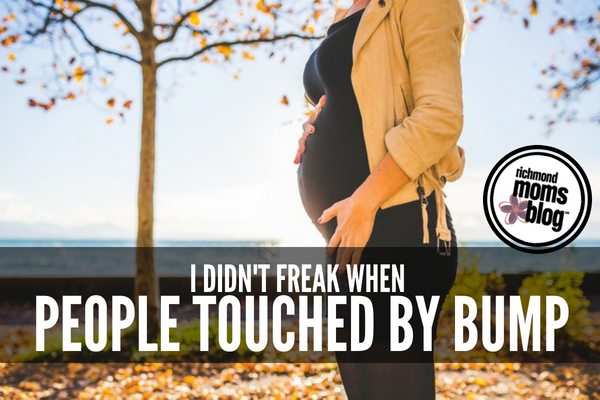I am writing this from a makeshift greenroom as my son shoots a commercial for a local news station. I am literally pacing between my emotional extremes of parenting: being the “do-too-much mom” (in this case, crazy stage mom) trying to peer around the corner and make sure he is behaving; and being the “do-too-little mom” parked in a chair without a thought of what is going on in the next room.
As a mom, my biggest struggle is figuring what is doing too much and what is not doing enough.
I spend my days endlessly oscillating between these two extremes. Society has pegged them as the helicopter mom and the laissez-faire parent…stereotypically one with kids uptight and stressed out; the other with them wild and uncontrollable.
The effects of “do-too-little” parenting are often immediately visible – disrespectful, ill-behaved, i’s left undotted and t’s left uncrossed.
The effects of “do-too-much” parenting are long-term, quieter, and much more damaging.
My perfectionist, uptight personality falsely assures me the worse mom to be is the do-too-little mom. My instinct is to do too much and say too much: “stand up straight,” “look him in the eye,” “don’t act like a wild banshee.”

I would never say I want perfect kids, but let’s face it, my actions are silently screaming at them to be perfect.
When I do too much, I take away the opportunity for them to make mistakes. Mistakes offer the most authentic opportunities for growth. Furthermore, when I step in too early or jump to their aid at the first sign of needing help, I communicate that I do not value their abilities.
When I do this, I introduce and perpetuate learned helplessness.
As a high school teacher, I saw this at an increasing rate. Parents with the best of intentions that have stepped in too often and done too much. Students who have no sense of stick-to-it-ness and become paralyzed by new challenges.
One parent even asked me if he could buy advanced copies of my tests for his son to study with. It sounds absurd, but somewhere in his head, this dad justified that he was helping his son. Somewhere along the way for him, blurring the lines of integrity became ok in order to make life easier for his son.
Dr. Angela Lee Duckworth, professor of psychology, shares in a TED talk the central attribute of successful adults and children from her research:
In…very different contexts, one characteristic emerged as a significant predictor of success. And it wasn’t social intelligence. It wasn’t good looks, physical health, and it wasn’t IQ. It was grit.
Grit is passion and perseverance…Grit is having stamina…Grit is living life like it’s a marathon, not a sprint.
Grit is having problem-solving perseverance and trying something else when the first time doesn’t work. Grit is the courage to try something new without the safety net of Mom to swoop in and fix it if it doesn’t work. Grit is not developed by hovering parents doing too much protecting their child from any failure and every emotional scraped knee.
I want gritty kids.
When they fall down, I want them to get back up. When they encounter a new challenge, I want them to tackle it with gusto and conviction. And if that first try isn’t successful, I want them to have the confidence, the passion, and the tenacity to try again.
This won’t happen if I keep being a “do-too-much” mom.
I need to work hard at doing less and be ok with the messiness of learning life.
I want to find my point of equilibrium between the extremes – so I’ll sit in this chair and think about what is going on in the next room, hoping he is doing his best, and know that even if he doesn’t he will learn from it and that’s ok.









